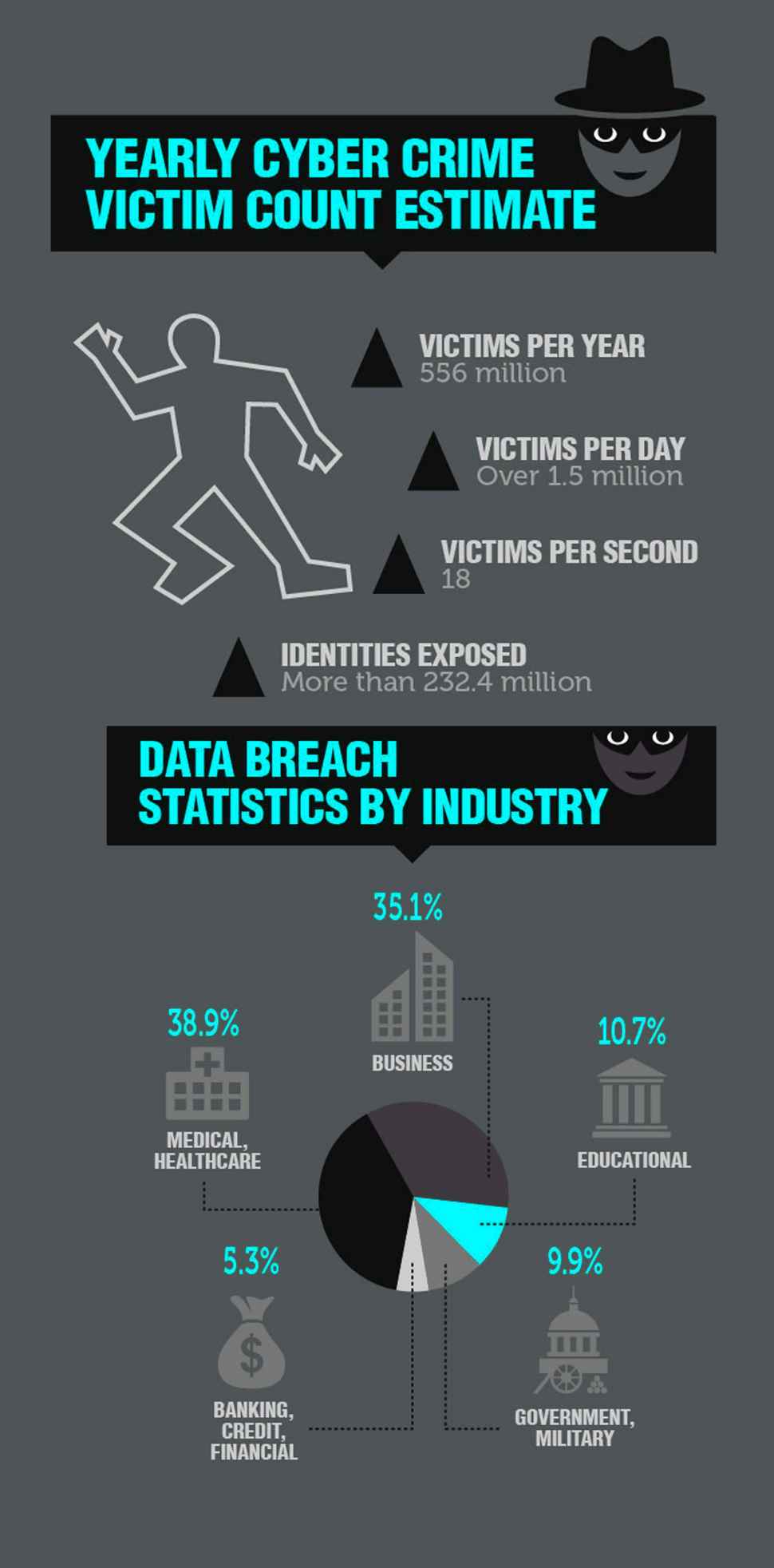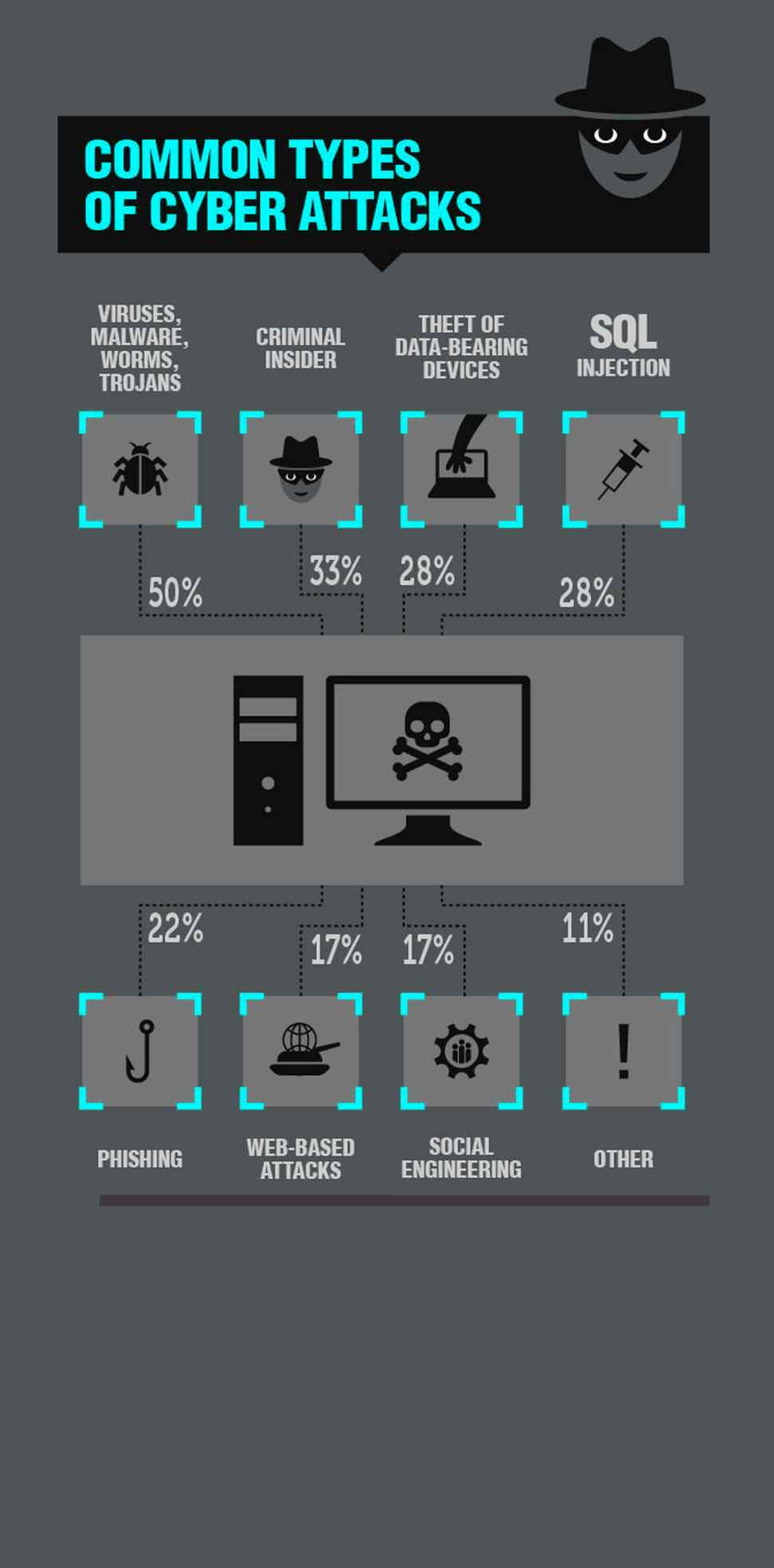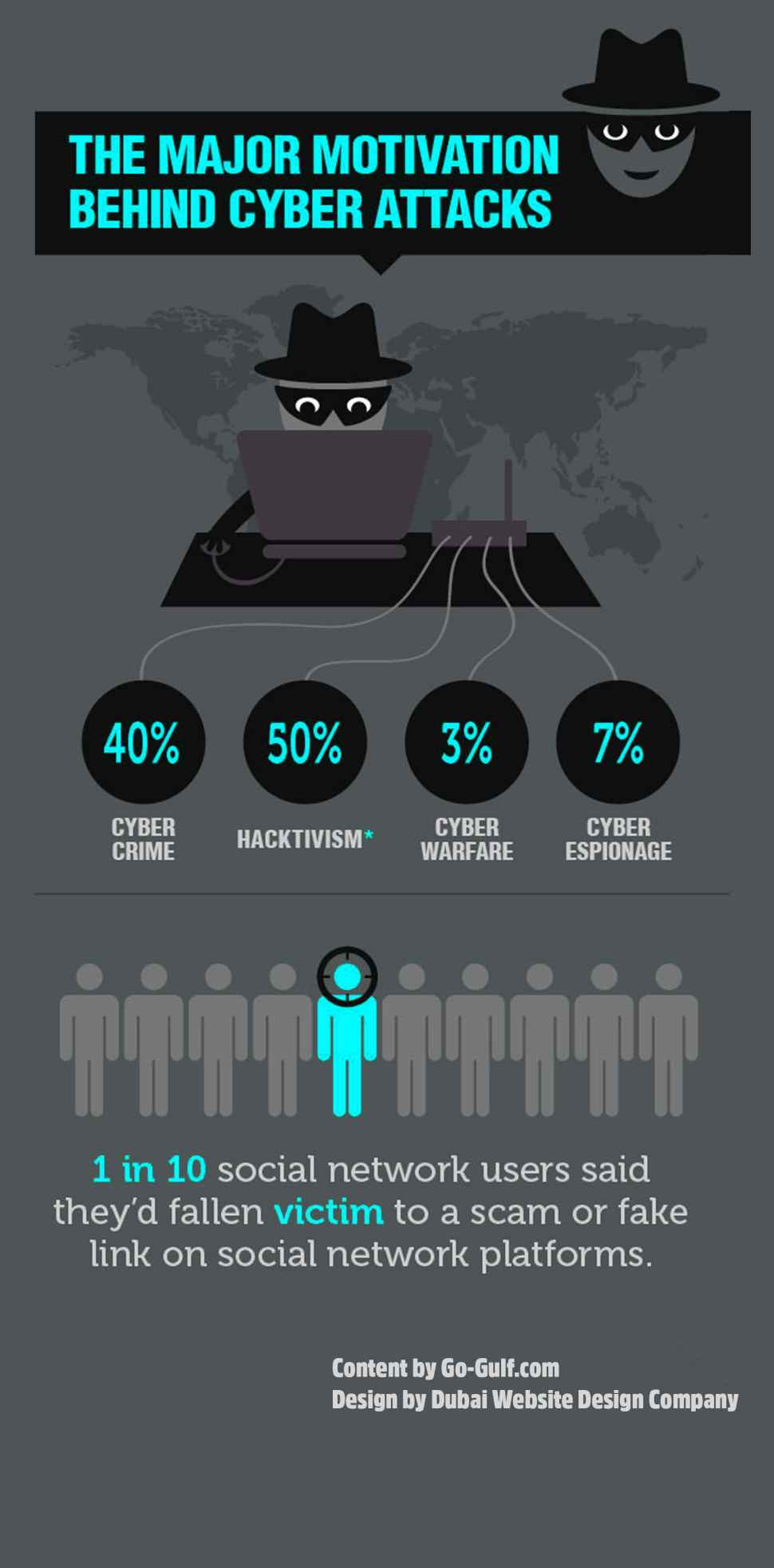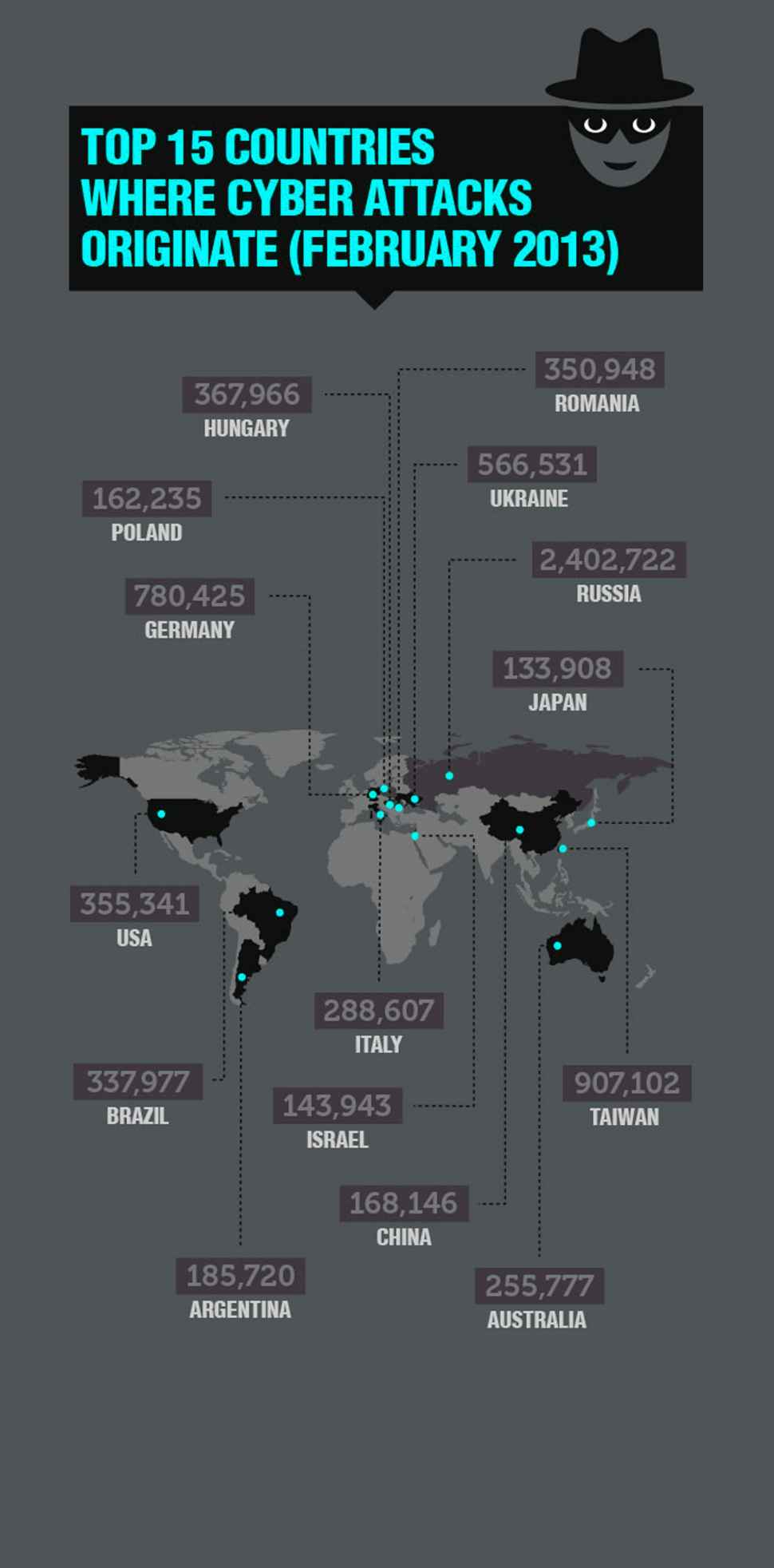Today, cybercrime is the fastest growing component of crime and impacts on our world both financially and socially.
However, cybersecurity and cyberisk are often treated as technical issues.
Our research program focuses on the cultural and behavioural aspects of cybercrime.
In particular, we look at the causes of population insecurity and the risks that come when humans interact, explore, exploit and exit cyberspace through technology and then the implications that follow.
This program of work is part of our broader interests in transnational illicit networks and emerging policies, governance mechanisms and strategies to contain, disrupt and discourage deviant flows within globalization.
As the Internet features more and more in the lives of everyone, including criminals, cybercrime has become a major research area within the Centre.




Grants and consultancies
Becoming delinquent online: A longitudinal adolescent study (ARC Discovery Grant 2017-2021)
Andrew Goldsmith & Russell Brewer
This project will provide the first longitudinal criminological study of adolescent internet use in the world.
Interventions in cybercrime: A Review Home Office Department UK (2017)
Andrew Goldsmith, Russell Brewer & Melissa de Vel-Palumbo
This report outlines the potential applicability of evidence-based intervention programs designed to deter juvenile delinquents and adult offenders to computer hacking. Completed August 2017.
Locating and accessing radicalisation data for social influence modelling purposes: Obstacles and opportunities (2016 - 2017) Defence Science and Technology Organisation
Andrew Goldsmith
This project is part of a broader research objective aimed at exploring the ways in which social science can assist in the development of modelling and analysis capabilities to support national security, CVE and social media analytics through shaping modellers and capability developers vision of the object analysis and defining network ties and actor attributes in terms that are both relevant from the radicalisation and social influence perspective and can be translated into the formal concepts and models.
Collaborations
Colleagues from the University of NSW and Michigan State University in the USA have partnered with the Centre on the Becoming a Delinquent Online project. The team recently joined a United Kingdom based study of the ransomware problem, funded by the UK Engineering and Physical Sciences Research Council.
A team from the Centre, led by Professor Goldsmith, has recently completed a contract research project for the Home Office of England and Wales on strategies for cybercrime prevention. The results of this study were presented at a workshop on this theme, held at Cambridge University, United Kingdom.


